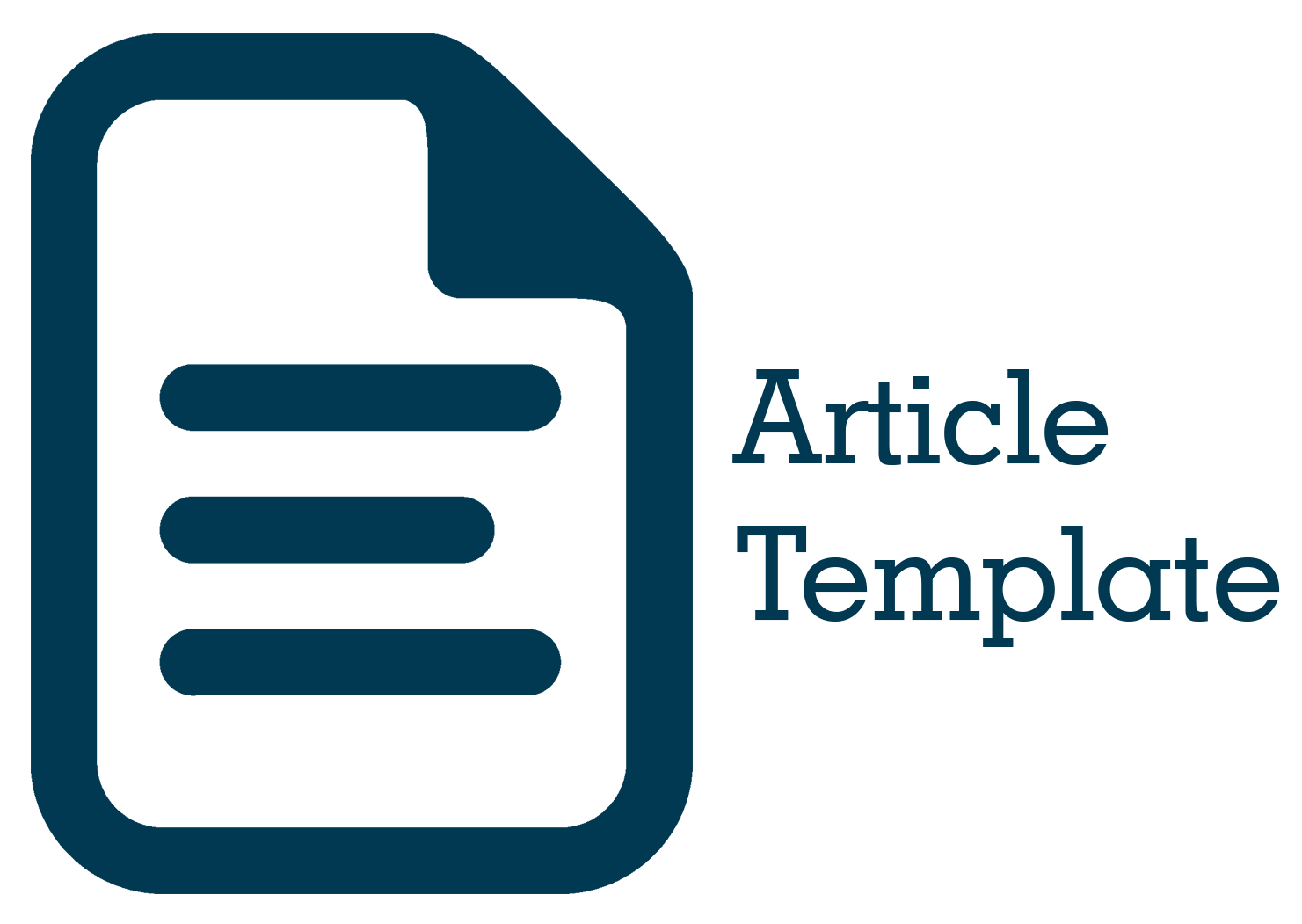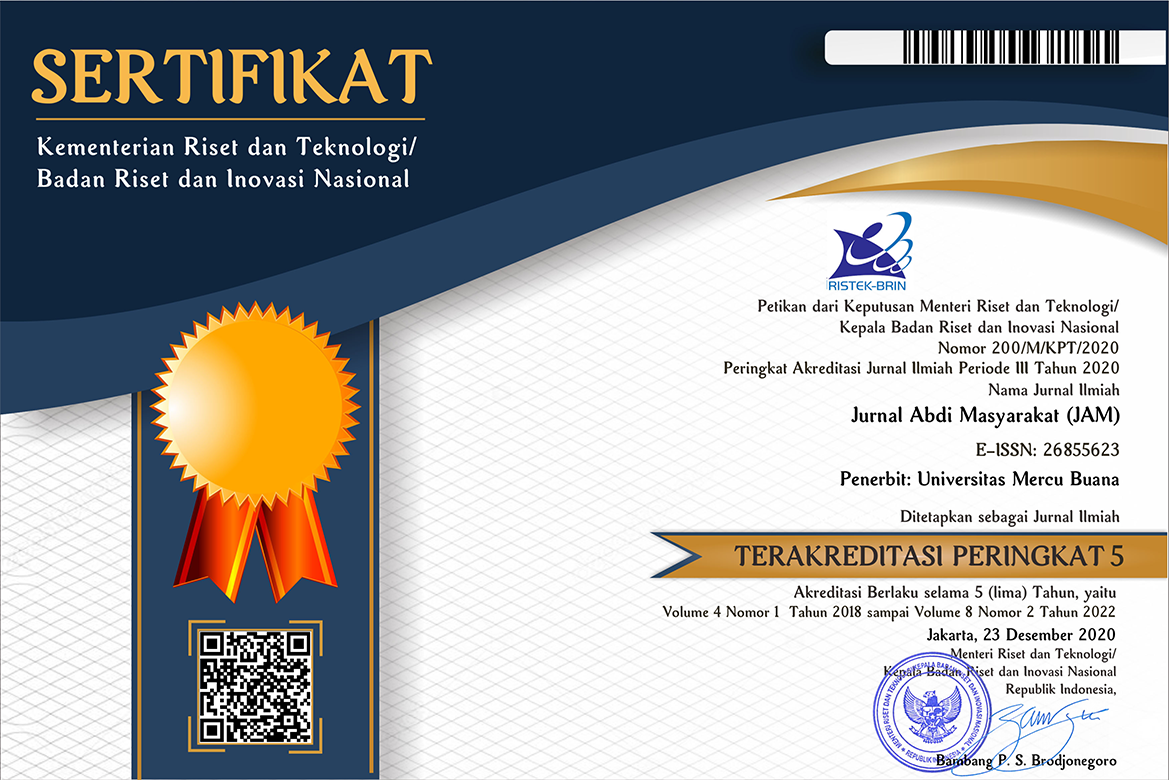Literacy and Self Regulation to Overcome Social Media Addiction in Z Generation
Abstract
Keywords
Full Text:
PDFReferences
Asipi, L. S., Rosalina, U., & Nopiyadi, D. (2022). The Analysis of Reading Habits Using Miles and Huberman Interactive Model to Empower Students ’ Literacy at IPB Cirebon. 2(3), 117–125.
Badgaiyan, A. J., & Verma, A. (2014). Intrinsic factors affecting impulsive buying behaviour—Evidence from India. Journal of Retailing and Consumer Services, 21(4), 537–549.
Briandana, R., Fasta, F., Mihardja, E. J., & Qasem, A. (2021). Exploring Self Identity : An Analysis of Audience Reception of Vlogs. ASPIKOM, 6(2), 303–314. https://doi.org/10.24329/aspikom.v6i2.921
Briandana, R., & Mohamad Saleh, M. S. (2022). Implementing Environmental Communication Strategy Towards Climate Change Through Social Media in Indonesia. Online Journal of Communication and Media Technologies, 12(4), e202234. https://doi.org/10.30935/ojcmt/12467
Chaeruman, U. A., Wibawa, B., & Syahrial, Z. (2020). Development of an instructional system design model as a guideline for lecturers in creating a course using blended learning approach. International Journal of Interactive Mobile Technologies, 14(14), 164–181. https://doi.org/10.3991/ijim.v14i14.14411
Çiçek, B. (2018). Social Media Entrepreneurship. İçtimaiyat, 2(1), 10–17.
Constantiou, I., Eaton, B., & Tuunainen, V. K. (2016). The evolution of a sharing platform into a sustainable business. 49th Hawaii International Conference on System Sciences (HICSS), 1297–1306.
Fransisca, M., & Briandana, R. (2022). Determinasi Teknologi Komunikasi dan Adaptasi Media Pembelajaran di Masa Pandemi COVID-19. Jurnal Interaksi : Jurnal Ilmu Komunikasi, 6(1), 93–107. https://doi.org/10.30596/interaksi.v6i1.8233
Freire, N. A. (2014). When luxury advertising adds the identitary values of luxury: A semiotic analysis. Journal of Business Research, 67(12), 2666–2675.
Kurniawan, R., & Managi, S. (2018). Economic growth and sustainable development in Indonesia: an assessment. Bulletin of Indonesian Economic Studies, 54(3), 339–361.
Len-Ríos, M. E., Hughes, H. E., McKee, L. G., & Young, H. N. (2016). Early adolescents as publics: A national survey of teens with social media accounts, their media use preferences, parental mediation, and perceived Internet literacy. Public Relations Review, 42(1), 101–108.
Lestari, C. A., & Dwijayanti, R. I. (2020). Kecakapan Literasi Media di Kalangan Generasi Milenial. Jurnal Ilmu Komunikasi, 18(1), 48. https://doi.org/10.31315/jik.v18i1.2781
Panjaitan, P., & Prasetya, A. (2017). Pengaruh social media terhadap produktivitas kerja generasi millenial (studi pada karyawan PT. Angkasa Pura I cabang bandara internasional Juanda). Jurnal Administrasi Bisnis, 48(1), 173–180.
Pertiwi, S. B., Sustikarini, A., & Paramitaningrum, P. (2019). The Impacts of E-Commerce to Regional Integration in Southeast Asia. Jurnal Ilmiah Hubungan Internasional, 15(2), 165–183. https://doi.org/10.26593/jihi.v15i2.3291.165-183
Rozendaal, E., Lapierre, M. A., Van Reijmersdal, E. A., & Buijzen, M. (2011). Reconsidering advertising literacy as a defense against advertising effects. Media Psychology, 14(4), 333–354.
Scharrer, E., & Ramasubramanian, S. (2015). Intervening in The Media’s Influence on Stereotypes of Race and Ethnicity: The Role of Media Literacy Education. Journal of Social Issues, 71(1), 171–185.
Setiawan, Y. B., Sarwono, B. K., Asteria, D., & Sunarto, S. (2022). Perpetuation of Stigmatization of Minority Groups through Convergence of Content on Streaming and Social Media. Jurnal The Messenger, 14(1), 17. https://doi.org/10.26623/themessenger.v14i1.4158
Spartz, J. T., Su, L. Y.-F., Griffin, R., Brossard, D., & Dunwoody, S. (2017). YouTube, social norms and perceived salience of climate change in the American mind. Environmental Communication, 11(1), 1–16.
Turner, A. (2015). Generation Z: Technology and social interest. The Journal of Individual Psychology, 71(2), 103–113.
Wardhani, D., Hesti, S., & Dwityas, N. A. (2020). Digital Literacy: A Survey Level Digital Literacy Competence among University Students in Jakarta. International Journal of Communication Research
.
DOI: http://dx.doi.org/10.22441/jam.v9i1.22345
Refbacks
- There are currently no refbacks.
Copyright (c) 2023 Jurnal Abdi Masyarakat (JAM)

This work is licensed under a Creative Commons Attribution-ShareAlike 4.0 International License.
Indexing by :

|
|

|

|

|

|

|

This work is licensed under a Creative Commons Attribution-ShareAlike 4.0 International License
Jurnal Abdi Masyarakat
Pusat Pengabdian Pada Masyarakat
Jl. Raya Meruya Selatan, Kembangan, Jakarta 11650
Tlp./Fax: +62215871335
p-ISSN: 2460-352X
Online-ISSN: 2686-5623
http://publikasi.mercubuana.ac.id/index.php/jam








